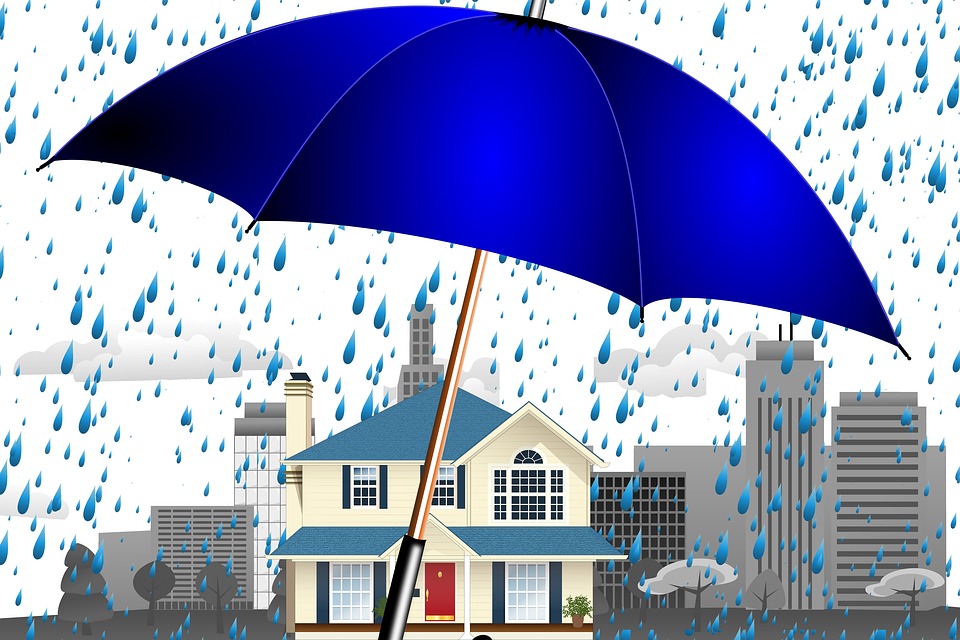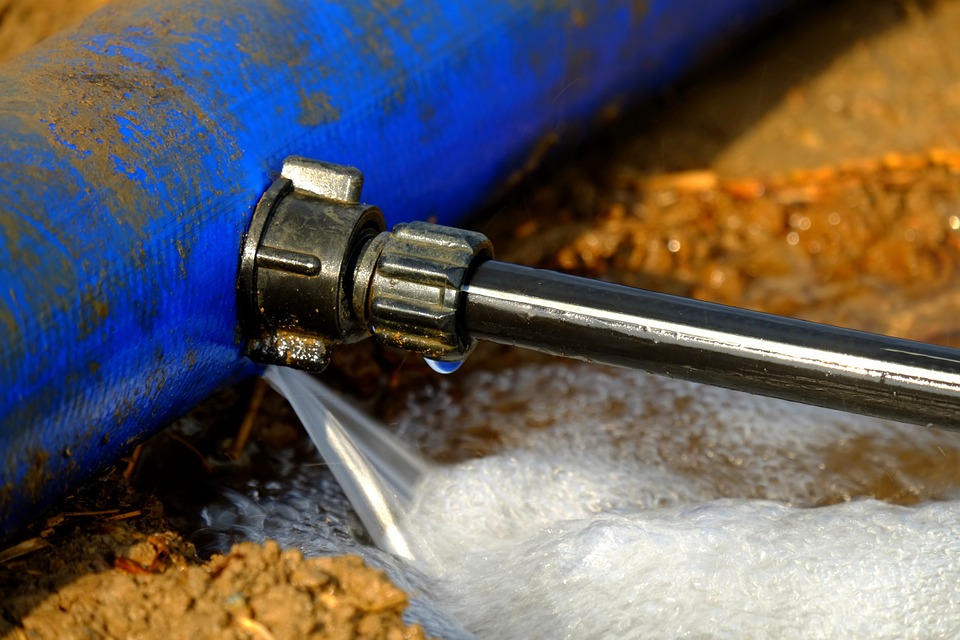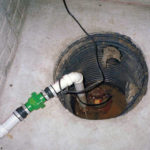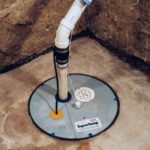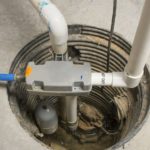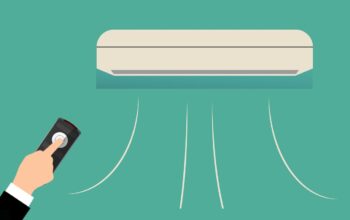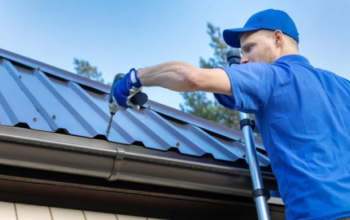Who doesn’t love rainfall? Nothing can be more pleasing than having a cup of tea at home on a rainy day, of course. But things can turn out to be unfavorable if the rain drastically enters your home.
Heavy rainfall may lead to water damage in your home through various sources. Some of these include seepage or leaks, ineffectively sealed windows, and roof openings. That’s why it’s always better to be safe than sorry.
The good news is it’s easy to prevent rain damage in your home so you can enjoy the essence of rain without worrying about the destruction it can cause.
Stay proactive by following these prevention tips.
1. Install And Maintain Sump Pump
A sump pump is a small pump that drains water that has been accumulated inside your house through a pipe.
If your house is built on the ground level or even if it has a basement entrance, the rain water will naturally flow inside the house. This is when you must install a sump pump. This way, you’ll be able to keep the excess water away from your home. However, you should get the sump pump checked for any repair issues at least annually.
2. Check Your Chimney Annually
If your chimney malfunctions exactly when a hurricane strikes, it’s impossible to get it repaired the same day. That’s why it’s essential to get it checked and repaired without any delay. In case any gaps are identified within the chimney bricks, you can seal the chimney bricks yourself or call a professional to perform the task.
If you haven’t installed a chimney yet, choose waterproof bricks so the moisture and rain water isn’t absorbed in the bricks. Also, don’t forget to install the chimney cap before the rainy season arrives.
3. Get Your Water Heater Repaired
From the vent pipe, rain water may leak onto the water heater. Furthermore, it travels to the center of the heater while getting its insulation wet. If this happens, rainwater may hinder your daily consumption of warm water. But before this problem arises, it’s wise to seal the vent pipe beforehand. This is when you should call an HVAC contractor and discuss the matter further.
4. Identify Water Leaks
https://pixabay.com/en/water-pipe-leaking-water-drip-880975/
Water leaks may creep into your house from sources you never expected. For instance, if the tree branches are close to your roof, rain water travels from the branches onto the roof, and then, enters your home through the windows. Therefore, the first thing to notice is any water stains on the window frames. If you see any sign of water leaks, remove the tree branches if they’re touching the roof.
Next, if the doors and windows are poorly sealed, get them fixed immediately.
5. Get The Roof Repaired Before The Disaster Strikes
If the foundation of the rooftop is strong enough, it can withstand rainwater while controlling it from entering a house. But if even a single aspect is damaged, there is no way to stop the rainwater from damaging it further. To avoid rain damage, examine the construction of the rooftop. In case there are tiny openings, take help from the roof replacement experts at South Jersey Roofers.
6. Install A Rainwater Collector
This catchment system not only keeps the rainwater at bay but also helps you repurpose the same water for irrigation purposes. The rainwater falls into the barrel or tank of the rainwater collector. This way, you can use the same water to maintain your backyard lawn.
7. Pay Attention To The Foundation Of Your House Before The Construction
Just finalized the building plan for your new house? If you haven’t begun the construction yet, consider rainwater safety first. Even if you’re getting your home constructed by a contractor, ask him to keep a height of at least 5-feet downward slope so you can always avoid the runoff damage caused by rain water.
Related Posts

Loves home. I am here to provide how to make your home a much better place. 🙂 Blogging about HomeDecor, Home Improvements and more.
